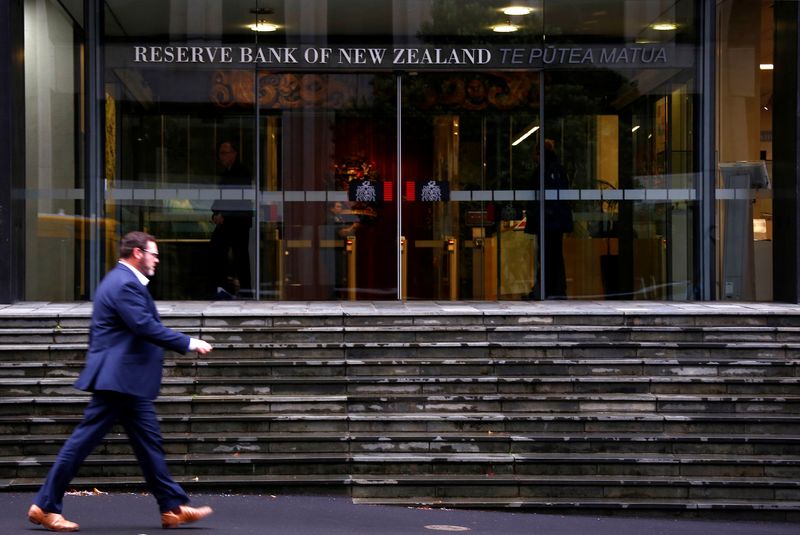New Zealand's central bank says labour market woes within expectations
NeutralFinancial Markets

New Zealand's central bank says labour market woes within expectations
New Zealand's central bank has reported that the current challenges in the labor market are within expected parameters. This acknowledgment is significant as it reflects the bank's assessment of economic stability and helps set the tone for future monetary policy decisions. Understanding these labor market dynamics is crucial for businesses and policymakers as they navigate the economic landscape.
— via World Pulse Now AI Editorial System







